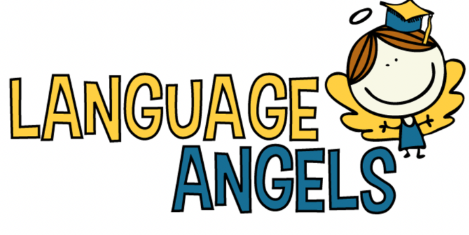MFL-Spanish
Intent
The intention of the Spanish curriculum at Nottingham Academy Primary is that children are taught to develop an interest in learning Spanish in an enjoyable, engaging, and progressive way. We will provide an inspirational, inclusive, and coherent knowledge of the curriculum that allows the children to understand and communicate in Spanish.
At Nottingham Academy Primary, we recognise that learning a language allows children to deepen their understanding of the world and develop their inquisitive nature. We have selected Spanish to be taught at Nottingham Academy Primary as it is a very widely spoken international language, and we believe that providing a strong foundation in a foreign language will provide new and exciting opportunities for our children in the future.
Children in Lower KS2 will acquire basic skills and understanding of Spanish with a strong emphasis on developing their speaking and listening ability and will be exposed to the written form from Year 3. This foundation of learning will be developed gradually into Upper KS2, where the children will develop their reading and writing skills alongside their speaking and listening skills. During this period, the children will be taught more complex language concepts and greater learner autonomy.
Our intention at Nottingham Academy Primary, is to inspire a love of learning languages and to encourage children to develop their natural curiosity and confidence to explore other countries, cultures, and languages through our whole school culture days. We aim to help children grow into confident, curious, and reflective language learners and provide them with a foundation on which to build upon.
Implementation
Our Spanish curriculum is designed to progressively develop children’s skills in Spanish, as required by the national curriculum, through regular taught lessons. Children progressively acquire, use and apply a growing bank of vocabulary, both written and verbal form. Children will have the opportunity and access to content covering: an introduction to Spain, Greetings, All About Me, The Family, My Home, The Weather, Animals, Colours and Dates. We have chosen these subjects as they provide a great foundation for learning and encourage and embeds the skills of listening, speaking, reading and writing in a variety of contexts.
Our curriculum progressively develops language skills across Key Stage Two. We currently use ‘Language Angels’ to support our teaching of Spanish. This is a great teaching tool which helps class teachers ensure lessons are sequenced so that prior learning is considered and opportunities for revision of language and grammatical concepts are built into lessons. Retrieval tasks at the start of each lesson help to embed learning and help children know and remember in relation to Spanish.
The children will be taught three new Spanish units in alternate half-terms and will have regular opportunities to consolidate their Spanish learning through regular practice in terms where they are not introduced to a new unit. There will be two pieces of written work in Spanish books, for each unit of work.
We will implement our curriculum through using a variety of teaching approaches and tasks which encompass the four key skills of listening, speaking, reading, and writing. Children are encouraged and supported to develop their speaking and listening skills through conversational work, written work, singing activities and games. As their confidence and skill grows, children record their work through pictures, captions, and increasingly complex sentences.
Impact
Our Spanish curriculum allows students to progressively understand the structure of Spanish, and it provides the knowledge to help students to embed and extend their spoken and written work by applying prior knowledge to new situations and creating new learning opportunities. Children develop a love of languages and a good foundation to be built upon as they move on to secondary school.
Children will:
-
Understand and respond to spoken and written language
-
Use display materials provided in classrooms which will help to promote Spanish
-
Speak with increasing confidence, fluency and spontaneity, finding ways of communicating what they want to say
-
Use their phonetic knowledge to support pronunciation
-
Recognise and apply grammatical knowledge and improve vocabulary in both English and Spanish.
-
Be confident through discussion and asking questions, and continually improving the accuracy of their pronunciation and intonation
As a school we:
-
Use pupil voice forms to inform next steps
-
Create an environment which promotes Spanish
-
Provide professional development meetings led by the Spanish leaders to ensure there is a high level of understanding and implementation across school
-
Monitor the delivery of Spanish to ensure that it is being taught to a high standard.


